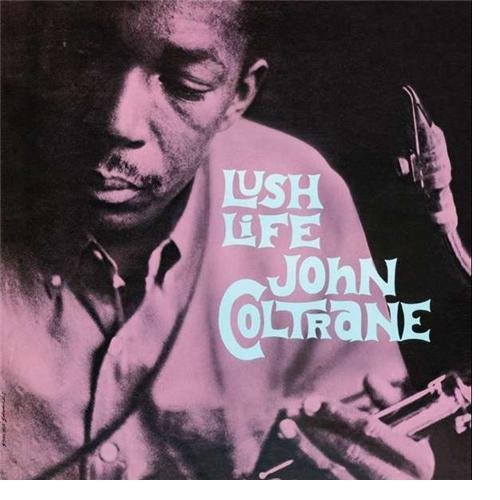I work with iPhone users and Android users. I see no end of technology demos from both. It’s clear both phones are wonderful devices capable of doing amazing things.
So why do iPhone reviews make it sound like the device can walk on water, while a lot of Android reviews sound like this?
Unfortunately, these groundbreaking features come with enough fine print to give the White Pages an inferiority complex.
First, the screen… you can’t have a big screen on a small phone. The Evo is nice and thin, but it’s also tall and wide. It is not for the small of hand. People might mistake it for an iPad Nano.
The Wi-Fi hot spot business is slick…. this feature eats through a full battery charge in as little as one hour. (More on the Evo’s amazing disappearing battery in a moment.) And beware: the hot spot feature costs an extra $30 a month.
O.K., so what about Flash? … The Evo runs something called Flash Lite, which is marketing-ese for, “Sometimes works and sometimes doesn’t.” It plays videos on some sites that the iPhone can’t — on Engadget, for example, plus all the blinking ads (a mixed blessing). But it still can’t play the Flash videos on CNN.com or, sadly, TV shows on Hulu.com.
All right, what about video calling? Surely this is the killer app. Imagine: your friends and family can not just hear you, as with normal phones, but see you as well (assuming they also bought Sprint Evos, of course).
Well, let’s hope they’re NASA engineers, because this feature is head-bangingly unstable….
And this?
There’s a sense, not just from reviewers, but from fans of the device, that what Android really needs is just killer hardware.Which is just absolute horse shit.
Android is an asshole of an operating system.
… I discovered software I could find no way to uninstall; programs which hung around after I was done with them with no way to quit I could find; interfaces which featured tiny poorly placed buttons near impossible to click without concentration; inconsistent search functionality where the “it’s right there on the phone” search button worked or didn’t work or did work but not as you’d think it’d work. I nearly started a tumblr called “Jesus Christ I Hate This Fucking Phone” just to document all the utterly asinine behaviors my iPhone-killer-anyday-now exhibited.
There’s an argument to be made (so of course, I’ll make it) that the Android experience failures described above are not technology failures. Android’s technology and operating system are impressive. But the whole package doesn’t seem to add up very well. Compare to iPhone, where (App Store policies to the contrary, and it’s a big contrary) the whole experience is consistent and wonderful and hangs together.
The whole experience part, I think, is the key. One suspects that on most Android phones that there’s no one–not Google, not the handset maker, not the carrier–who is taking responsibility for the whole end user experience. And it shows. David Pogue’s review describes a phone whose makers, if they made tradeoffs between features and constraints at all, traded off things that most people consider essential (size, battery, stability and consistency of experience) in favor of flashy features. The result is a phone that demos well but handles poorly. And Jack Shedd’s experience with the phone describes something that’s inconsistent and hard to use when you consider it as a whole device.
Does any of this — feature prioritization, product packaging design, user experience — sound familiar?
What’s the difference between iPhone and Android? Product management is the difference.
I’m willing to bet that the product managers on the Android phones had organizational limitations on how much of the user experience that they controlled, or edicts about must-have features in which the end user experience carried little weight, and that they could do nothing about those limitations. But show me a product manager who allows organizational pressure to impair user experience, and I’ll show you a product manager who has prioritized organizational harmony against sales success.

